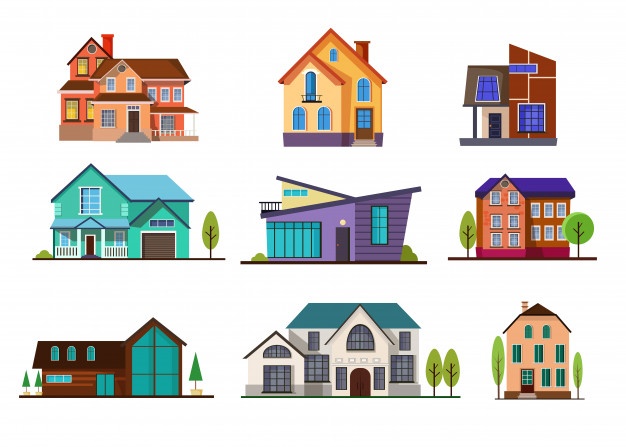It is within the culture of most European countries to own a home. However, this norm is changing. The norm in some countries is that one rents out a home and not own it.
Melvyn Mangion discusses the pros and cons of owning a house in this article.
Buying a home is one of the biggest financial decisions that you will make in adulthood and for many people.
Advantages of Home ownership
#1: Long-Term Investment
The words “long-term” here are very important. It’s important to think long-term during the property buying process. If you plan on leaving your home in five years or less, home ownership may not be for you. Giving your property five years, or more, will give you more time for your home to grow in value.
Plan on maintaining or improving the condition of your property, as this is what makes for a good long-term investment.
#2: Building Equity
Equity is the difference in the value of your home and what you still owe on it. Every time you put a payment toward your mortgage, your residence equity grows. Equity is important to have, as it can help you build wealth over time. As opposed to renting, the equity you build in your home is YOURS. You own it.
#3: Stability & Consistency
Obtaining a fixed-rate mortgage means that you will pay the same amount each month for interest and principal until the mortgage has been paid off. Conversely, rent can increase with every lease renewal or move. Having a stable mortgage payment can help you avoid increases in your housing expenses.
When we build financial plans for people, it always starts with cash flow. Having consistent housing payments each month makes building an accurate cash flow statement that much easier.
#4: Customization
Since you own the property, you can renovate it however you want. Since renters do not own their property, they don’t get much of this benefit. Any landscaping or home alterations wouldn’t be up to them. Homeownership gives the owners the ability to add value to their home over time with improvements to the inside and outside of the property.
Disadvantages
#1: Upfront Costs
On top of the down payment, homeowners need to account for closing costs as well. Depending on the price of the home, closing costs can be a significant amount of money.
Some closing costs include:
- Property taxes
- Mortgage insurance
- Property inspection
- Title search
While a down payment is important, it’s not the only cash you’ll need upfront in order to purchase a residence.
#2: Less Flexibility
If you have a job that requires you to move often, going through the process of homebuying may not make financial sense. It can take weeks or months to buy and sell a home. You don’t want to end up in a situation where you find yourself paying two mortgages if you need to relocate quickly but cannot sell your current home in time.
This problem ultimately goes back to the “long-term” nature of the ownership.
#3: Maintenance Costs
While customization is advantage, property maintenance can sometimes be a disadvantage. If something breaks in your home, you are the one that must pay for the repairs. There is no property manager or landlord involved when you own your own home.
#4: Property Values Can Fall
Generally, home prices appreciate over time, but that is NOT a guarantee. If you do not maintain your residence – or if the housing market takes a downturn – your property value could fall. There are a number of factors both in your control and outside of it that could affect this.
#5: Home Costs Lack Liquidity
While houses do have value, they usually do not sell as quickly as stocks or other assets. If liquidity is a major concern for you, tying up a large percentage of your funds in a home may not be the best idea. Even if you are in the process of trying to sell your residence, you still have to maintain your residence and make mortgage payments.
When it comes to financial decisions, it’s never one-size-fits-all. Home ownership is no different. Every situation is different and requires a thorough analysis before making any big, life-changing decisions.
